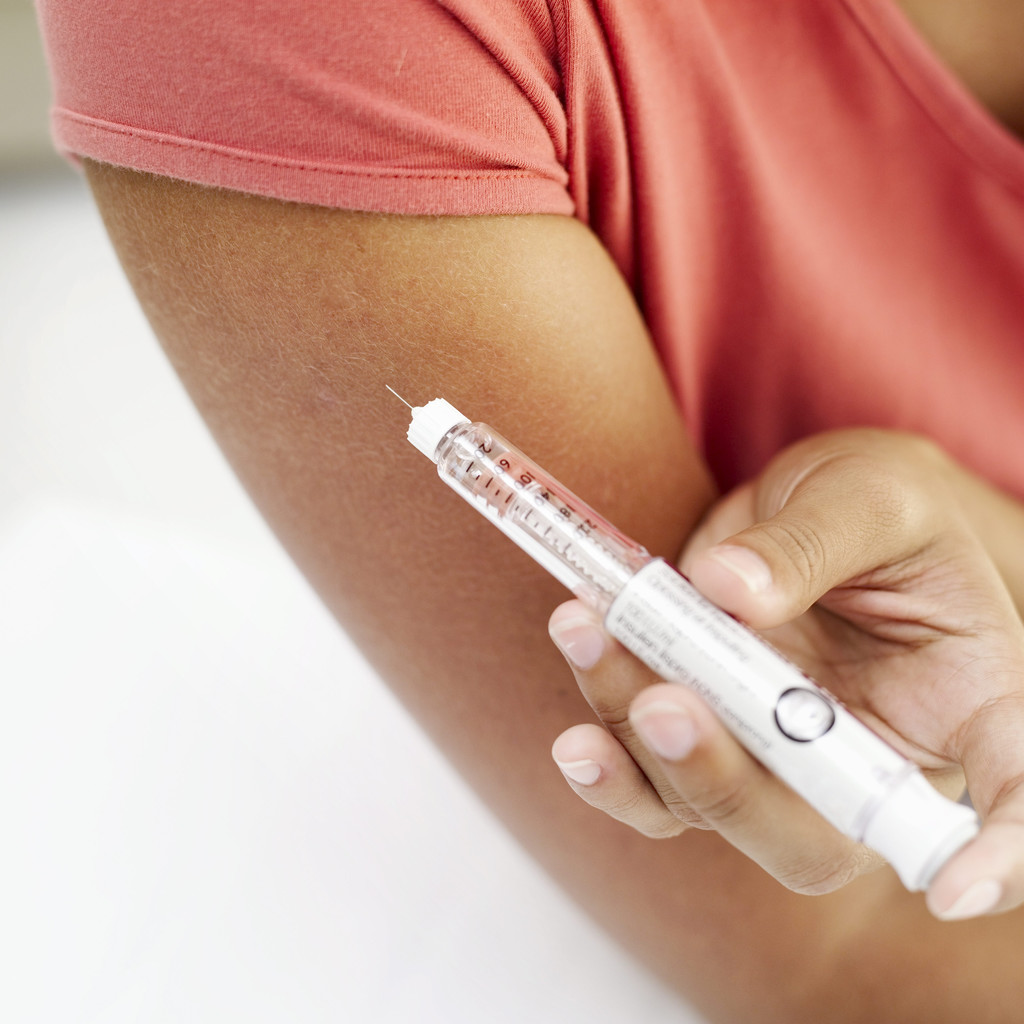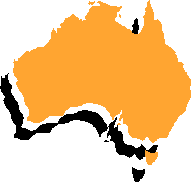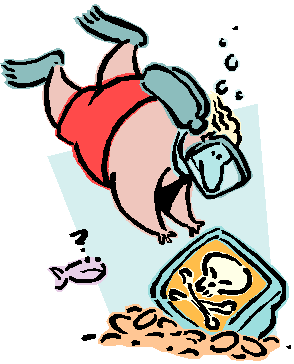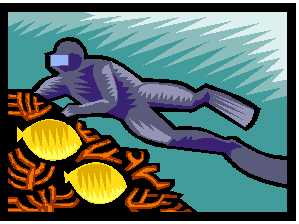Current medicals available

HSE Diving Medical
Medical Description: The HSE diving medical is for all commercial divers working in UK inland & offshore waters. Recreational diving instructors and rescue / support divers working for commercial training agencies will also require this medical. There may be further costs if additional investigations or referral to a specialist are required. This medical can only be performed by HSE approved doctors working in the UK and lasts for 1 year.

OEUK Medical
Medical Description: The OEUK medical is a requirement
for all offshore workers in UK waters. This medical can only be performed
by OEUK approved doctors and lasts for a maximum of 2 years. Offshore Fire
Team members
need a supplementary certificate of fitness for fire team duties. Offshore survival courses now require a
'Fitness to train with breathing apparatus' certificate. From 1st May 2024
this is now incorporated into the offshore medical certificate.

Renewable UK Medical
Medical Description: The RenewableUK medical is a
requirement for those working in the wind farm industry. It can be done by
OEUK approved doctors. It is similar to the OEUK medical but requires a
Chester Step Test assessment of physical fitness. It is valid for 2 years.

Fit to Dive with Asthma Medical
Medical Description: Those currently or previously
diagnosed with asthma have additional risks when participating in diving.
It is important that the asthma is well controlled and that there is a low risk
of suffering an asthma attack underwater.
The diver must have normal
spirometry (lung function testing) both before and after an exercise test.
This medical is normally valid for one year.

Fit to Dive with Diabetes Medical
Medical Description: Those diagnosed with diabetes
have additional risks when participating in diving. There may be increased
risks of problems from both the diabetes and its treatment.
The diver
must have well controlled diabetes without complications e.g. heart, kidney,
eye or nerve damage. There must be a low risk of suffering with
hypoglycaemia whilst underwater. The diver will need to monitor their
glucose levels both before and after the dive, be able to self treat low
glucose levels underwater and dive with a buddy aware of their problems
and be able to treat any hypoglycaemia.
The diver will need to complete
a questionnaire about their diabetes which will require information from
their treating doctor.
This medical is normally valid for a maximum of
one year.

Fit to Dive in Australia Medical
Medical Description: Those wishing to learn to dive in
Australia may be asked for a medical certificate done to the AS4005.1
standard. This requires an audiological (hearing ) test.
It is
recommended that this is performed by any doctor with diving medical
experience and can be performed by doctors outside of Australia.

Fit to Dive (Basic) Medical
Medical Description: Those wishing to dive or continue
their diving are likely to be asked to complete the
WRSTC medical
self-declaration form (updated July 2020.) Anyone answering any of the questions positively
will require a certificate from a doctor before they will be able to
participate in any in-water activities.
A positive answer may not
necessarily be a bar to diving but requires assessment and perhaps
adjustment to the type of diving.
Common problems such as high blood
pressure, thyroid problems, raised cholesterol require the 'Basic'
medical. More complex medical problems e.g. heart disease, cancer need to
be assessed firstly by correspondence and may need to bring full details
including hospital letters to the appointment. The fee for these medicals
will be based on the time taken to assess these issues and any examination
needed. Further investigations may be required and will need to be funded
by the applicant.
France currently
requires all divers to have an annual doctor's certificate of fitness to
dive. Spain previously had similar requirements but since July 2020 now
follows almost all other countries by using the WRSTC screening medical
statement.
Those divers wishing to progress their diving to technical levels
are also required to have a fitness to dive certificate when enrolling on
the technical diving course.
BSAC members
may require a medical and should book the appropriate medical depending on
their medical issues. No certificate can be issued without a formal
examination. The duration of validly may vary depending on the medical
issue.
Divers wishing to train for divemaster or instructor abroad also
require a doctor's certificate within 1 year. NB those wishing to
work as divemasters or instructors in the UK will probably require the HSE
diving medical.
Those with asthma, diabetes or requiring the
Australian standard medical should book the relevant medical.

Fit to Freedive
Medical Description: Those wishing to learn to
Freedive are likely to be asked to complete a medical self-declaration
form. Anyone with medical issues will need a doctor's certificate. This is
often the RSTC diving medical form used for scuba diving.
This medical
is normally valid for one year.

Telephone or Email advice
Description: Those wishing to learn to scuba dive may
have medical issues that may increase the risks. Sometimes these issues
significantly increase the risk and diving is not advised. It is
understandable that taking time to attend for a medical assessment when
there is little chance of being cleared for diving is not desirable.
Advice about the relevant issues can be obtained by telephone or email,
allowing the applicant to decide for themselves if they wish to seek
formal assessment.
Fit to dive certificates cannot be issued without
this formal assessment.